PCOD, or polycystic ovarian disease, is a chemical condition that affects a large percentage of females of childbearing age. Some PCOD signs may appear immediately after the onset of puberty, whereas others appear in late adolescence or early maturity.
PCOD can be undetected many times if the signs are mistakenly attributed to something else or simply ignored. PCOD is often diagnosed if two of the following three symptoms occur.
CContents
3 Main Symptoms of PCOD
Period irregularity
Because they are not ovulating, women with PCOD frequently have delayed or missing periods. PCOD is frequently accompanied by irregular or nonexistent menstrual cycles. For instance, you may have less than 9 periods each year, having a period interval of over 35 days. Some women have exceptionally heavy periods.
Ovaries with polycystic follicles
Tumors on the ovary are common in some women, but not in all. It’s possible that the ovaries have grown in size, and individuals have follicles surrounding the eggs. For this reason, the ovaries may stop working consistently.
Increased androgen levels
Increased amounts of male sex hormone can cause physical symptoms, including hirsutism (excessive face and body hair), extreme pimples, and baldness.
PCOD’s actual aetiology remains a mystery. It’s possible that early detection, therapy, and losing weight can lower the chance of long-term problems, including type 2 diabetes as well as cardiovascular disease.
Other signs and indications include:
- Putting on weight – PCOD is associated with significant weight increase and overweight in around half of those affected.
- Fatigue- Several PCOD sufferers say they’re exhausted all the time and have little energy to spare. Fatigue can be exacerbated by conditions such as inadequate sleep.
- Hair growth that’s not wanted- In addition to the arms and face, abnormal hair growth can also affect the shoulder, breast, and even the fingertips and toes. Androgen-related hormonal alterations cause PCOD-related hirsutism.
- Thinned or falling hair- PCOD-related hair loss may worsen when women reach middle age.
- Infertility- Female impotence is frequently caused by PCOD, which is a common ailment among women. Yet, not every PCOD lady will be the similar. While fertility medications may be required for some, many couples are capable of conceiving on their own.
- Pimples- Pimples can be worse by androgen-related hormonal fluctuations. Due to male hormones, the skin may get greasy and break out in regions like the cheeks, chest, and top back more frequently than usual.
- Skin pigmentation changes- Underneath the armpits or breasts or even on the rear of the neck, people may see large, dark, smooth spots of skin.
- Changes in mood- Having PCOD increases your risk of mood fluctuations, sadness, and nervousness.
- Pain in the lower abdomen or pelvis- Periods can bring on both pelvic discomfort and excessive bleeding. In other cases, it happens even if a lady isn’t bleeding at all.
- Headaches- Variations in hormone levels can bring on headaches.
- Problems with sleep- Many women with PCOD have issues with sleep, whether it’s sleeplessness or just a bad night’s sleep. PCOD has been related to a sleeping condition known as sleeping apnea, which can disrupt sleep due to a variety of causes. Sleep apnea is a condition in which a person stops repeatedly breathing while they are asleep. This implies that even if individuals do get enough sleep, they will feel groggy when they wake up. People might also have a hard time getting to sleep at night.
Conclusion
If dietary and lifestyle modifications fail, you may need to turn to medications. Using birth control tablets can help women have more regular periods again. Diabetes type 2 patients may benefit from metformin, which is commonly used to cure the condition. Metformin enhances insulin’s capacity to decrease blood sugar, while it can also reduce insulin and testosterone levels in the body at the same time.
It’s possible that metformin will assist in resuming ovulation over several months of usage, although this is unlikely. Many women with PCOD take contraceptive pills plus metformin to ease their symptoms.

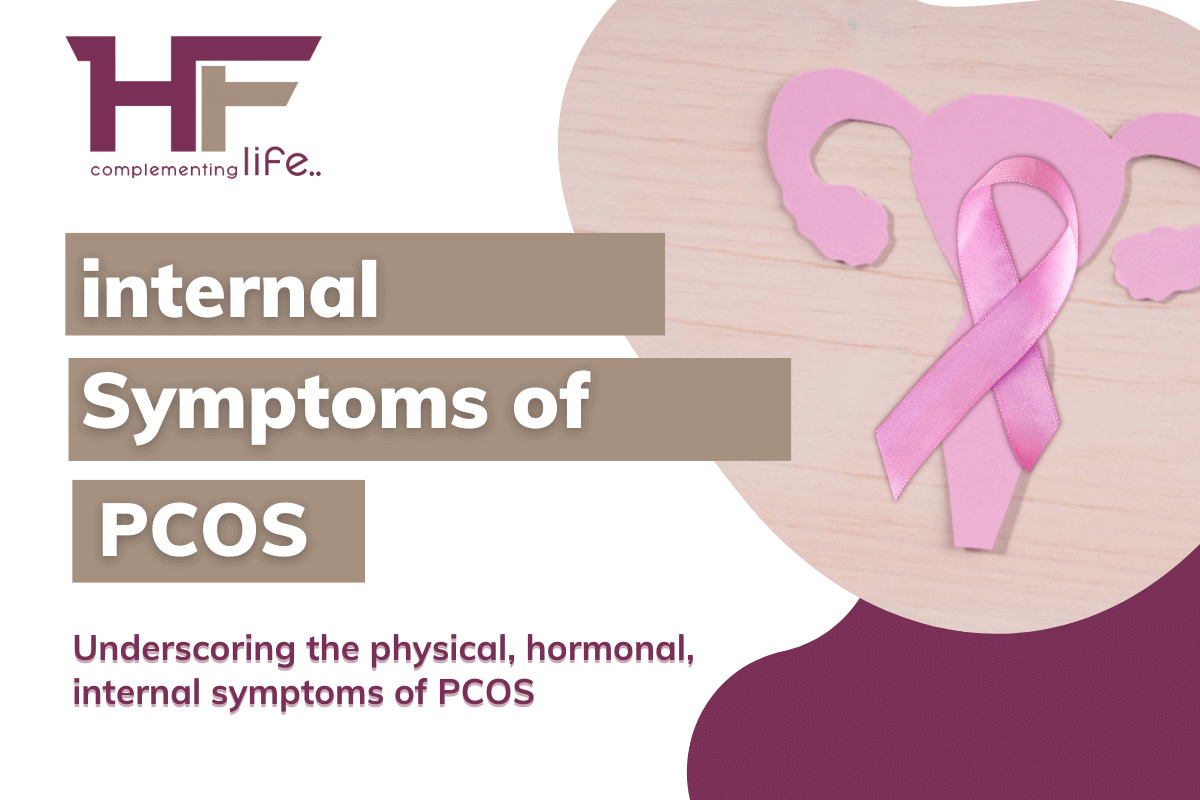
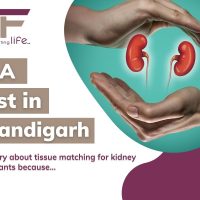
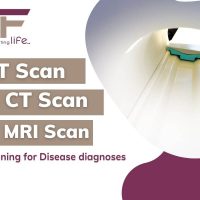
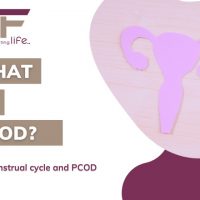

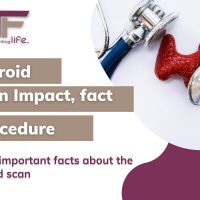



Comments